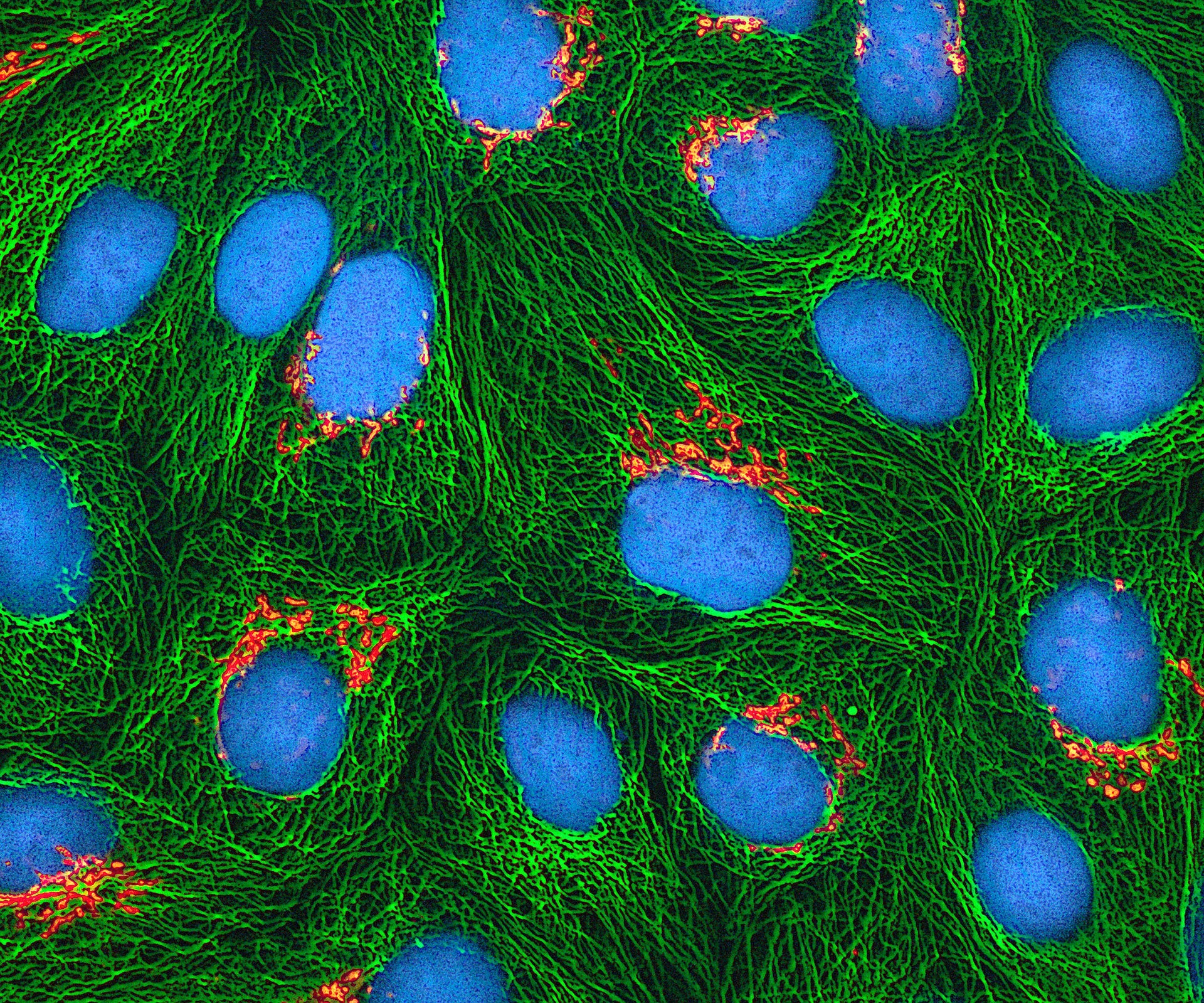Cancer, described as the uncontrolled growth of cells, is one of the leading causes of death in the world. Ovarian cancer is a specific type of cancer that occurs when cells from the ovaries proliferate irregularly, causing symptoms such as abnormal vaginal bleeding and abdominal pain. Although this type of cancer is not particularly common (only ~1.3% of women get diagnosed in their lifetime), the 5-year survival rate is only 47.6%, and thus much more research needs to be done to identify better treatment methods. The current standard of care for individuals with ovarian cancer is chemotherapy. However, the failure of such treatment often occurs due to chemotherapy resistance. A recent study may have uncovered one explanation as to why chemotherapy resistance in ovarian cancer occurs and how to combat it.
Image Source: Klaus Vedfelt
Researchers from the University of California, San Diego have found that the protein, focal adhesion kinase (FAK), is present in high levels in patients with chemotherapy-resistant ovarian cancer. FAK has previously been shown to be important in the progression of multiple types of cancers, such as colon cancer, breast cancer, and renal cancer. However, because FAK is involved in many cellular processes, one should be cautious in assuming that the mechanism by which FAK promotes tumorigenesis, or the growth of tumors, in one cancer is the same in others. In this study, the researchers sought to determine the importance of FAK in ovarian cancer cells by using mouse models that had the FAK gene removed and comparing the resulting changes to mice that still had functional FAK genes. They found that the mice lacking FAK were limited in enzymes such as those necessary to repair DNA. This lack of DNA repair machinery ultimately impaired the growth of the ovarian cancer cells in those mice. The researchers also found that mice with chemotherapy-resistant ovarian cancers would start to respond to chemotherapy after being given FAK inhibitors, whereas the mice that did not receive FAK inhibitor treatment remained resistant to chemotherapy.
Image Source: thelinke
The results of this study suggest that FAK may be a potential target for preventing the recurrence of ovarian cancer following chemotherapy. However, future studies need to be performed in order to identify potential off-target effects, which are unintended consequences that may or may not be related to FAK. Such experiments would need to first be done in animal models before ultimately moving into clinical trials, where patients with ovarian cancer can hopefully be treated with minimal side effects and complete remission of their cancer.
Featured Image Source: skeeze










